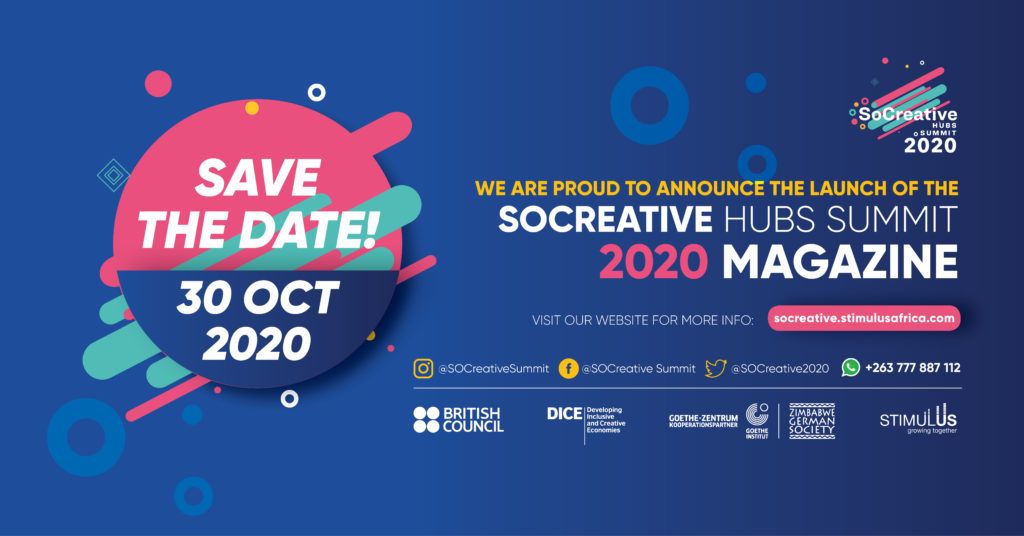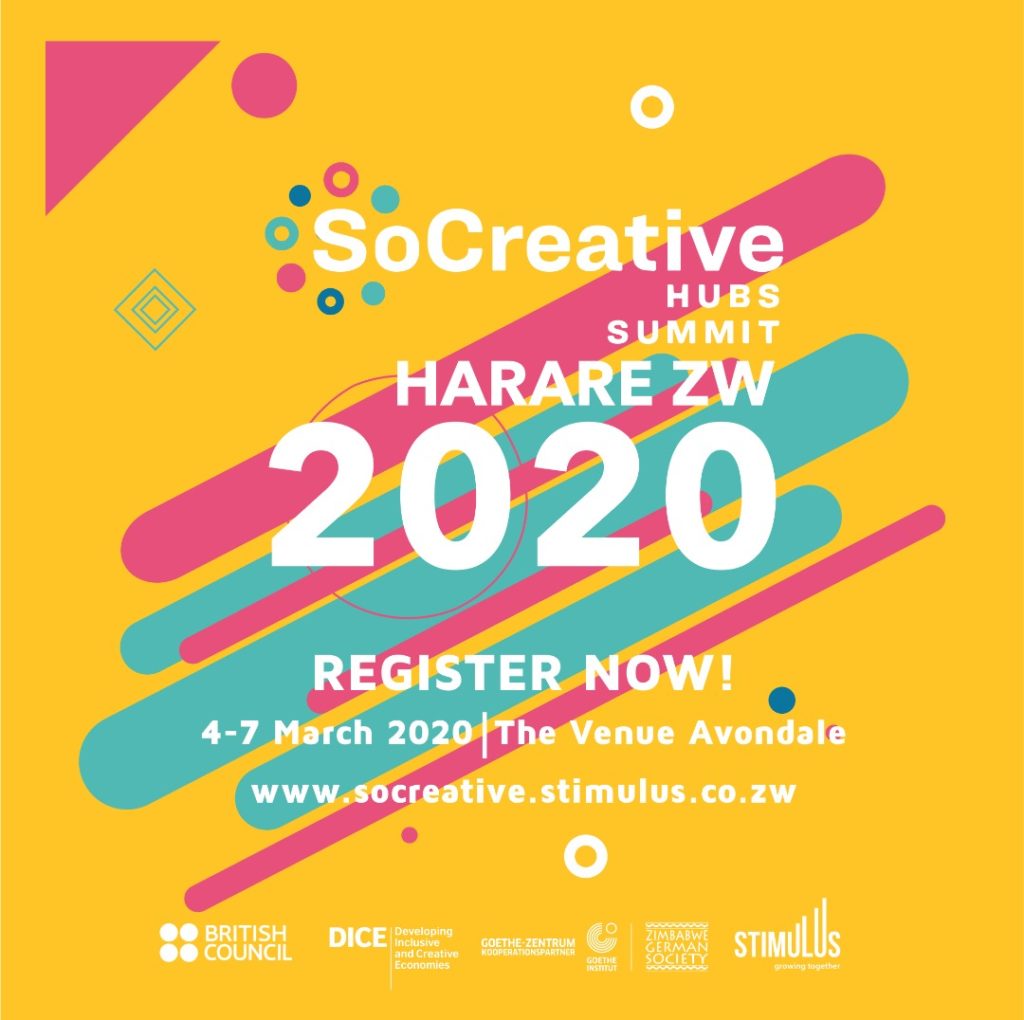Author: Stimulus Green Business Network
World Environment Day was celebrated this Tuesday June 2nd by the Stimulus Green Business Network in partnership with the US Embassy at a Food for Thought discussion held in Harare. Every year on the 5th of June the world observes ‘World Environment Day’ an initiative championed by the United Nations Environment Programme (UNEP). In 2015 the focus of the celebration is derived from its theme.
[/tatsu_text][testimonials testimonial_font_size= “22” author_role_font= “h6” alignment= “left” pagination= “” slide_show= “no” slide_show_speed= “4000” hide_in= “” css_id= “” css_classes= “” animate= “1” animation_type= “none” animation_delay= “0” animation_duration= “300” padding= ‘{“d”:””}’ margin= ‘{“d”:””}’ border_style= ‘{“d”:”solid”,”l”:”solid”,”t”:”solid”,”m”:”solid”}’ border= ‘{“d”:””}’ border_color= “” border_radius= “” box_shadow= “0px 0px 0px 0px rgba(0,0,0,0)” key= “PQpOmR2Mhi”][testimonial author_image= “” quote_color= “” author= “” author_color= “” author_role= “” author_role_color= “” key= “4LPtiZ4E5”]‘Seven Billion Dreams. One Planet. Consume with Care.’
[/testimonial][/testimonials][tatsu_text bg_color= “” color= “” max_width= ‘{“d”:”100″}’ wrap_alignment= “center” text_alignment= ‘{“d”:”left”}’ margin= ‘{“d”:”0px 0px 30px 0px”}’ box_shadow= “0px 0px 0px 0px rgba(0,0,0,0)” padding= ‘{“d”:”0px 0px 0px 0px”}’ border_style= ‘{“d”:”solid”,”l”:”solid”,”t”:”solid”,”m”:”solid”}’ border= ‘{“d”:”0px 0px 0px 0px”}’ border_color= “” border_radius= “0px” text_typography= ‘{“d”:””}’ hide_in= “” css_id= “” css_classes= “” animate= “1” animation_type= “none” animation_delay= “0” animation_duration= “300” key= “6UVjHaHky”]The Food for Thought discussion facilitated by the network’s chair and director of Stimulus Hub, Mrs Rudo Nyangulu-Mungofa, zeroed in on one specific area within the global theme, which is the impact of the private sector on the environment. The topic of discussion on the day was; Innovating for a Sustainable Future: Can Green business be good business? Two young entrepreneurs passionate about the environment, Mr Collins Nyamadzawo, a “Green” Social Entrepreneur and Mr Dereck Mpofu, Environmental activist and artist joined the discussion as guest speakers to share their experiences, views and strategies for doing business whilst keeping their environmental impact low.
Mrs Nyangulu-Mungofa introduced the discussion by defining green business as a business that strives to meet the triple bottom line: social, environmental (or ecological) and financial benefit. She went on to further elaborate that, “a business functioning in a capacity where no negative impact is made on the local or global environment, the community, or the economy is a green business. Businessdictionary.com”. It was also highlighted that a business can be green either based on its consumption and internal processes being environmentally friendly or by its core business being rooted in environmental pursuits such as recycling, reuse of materials, renewable energy generation and more.
From the discussion and the global viewpoint it is clear that ‘social innovation is becoming an increasingly important topic in our global society and those organizations that are able to develop business solutions to the most urgent social and ecological challenges will be the leading companies of tomorrow.’ Social innovation not only creates value for society but will be a key driver for business success and job creation particularly among the micro small and medium sized enterprises in Zimbabwe.
[/tatsu_text][tatsu_image image= “https://usercontent.one/wp/www.stimulusafrica.com/wp-content/uploads/2019/12/sustainability_spheres-1.png” image_varying_size_src= “” alignment= “none” border_width= “0” border_color= “” id= “4102” size= “full” adaptive_image= “0” max_width= ‘{“d”:”100%”}’ rebel= “0” width= ‘{“d”:”100%”}’ shadow= “none” custom_shadow= “0px 0px 0px 0px rgba(0,0,0,0)” drop_shadow= “drop-shadow(0px 0px 0px rgba(0,0,0,0))” border_radius= “0” lazy_load= “1” placeholder_bg= “” offset= ‘{“d”:”0px 0px”}’ lightbox= “1” link= “” new_tab= “0” hide_in= “” css_id= “” css_classes= “” animate= “1” animation_type= “none” animation_delay= “0” animation_duration= “300” padding= ‘{“d”:””}’ margin= ‘{“d”:””}’ key= “dI1oZ3k3v”][/tatsu_image][tatsu_text bg_color= “” color= “” max_width= ‘{“d”:”100″}’ wrap_alignment= “center” text_alignment= ‘{“d”:”left”}’ margin= ‘{“d”:”0px 0px 30px 0px”}’ box_shadow= “0px 0px 0px 0px rgba(0,0,0,0)” padding= ‘{“d”:”0px 0px 0px 0px”}’ border_style= ‘{“d”:”solid”,”l”:”solid”,”t”:”solid”,”m”:”solid”}’ border= ‘{“d”:”0px 0px 0px 0px”}’ border_color= “” border_radius= “0px” text_typography= ‘{“d”:””}’ hide_in= “” css_id= “” css_classes= “” animate= “1” animation_type= “none” animation_delay= “0” animation_duration= “300” key= “SjKSS67r_”]The approach to harnessing this potential is in delivering a triple bottom line business model as Mr Nyamadzawo demonstrated when describing his ‘lap-desk’ business concept that sees his company re-use plastic bottles to meet the social need of providing a solution for schools that do not have furniture for their students to utilise. The conclusion of the discussion is that there need to be a deliberate effort and genuine will to act on the part of the private and public sector to work together for the social and ecological good of the country. As Mahatma Gandhi said, “earth provides enough to satisfy every man’s needs, but not every man’s greed.”
[/tatsu_text][/tatsu_column][/tatsu_row][/tatsu_section]

